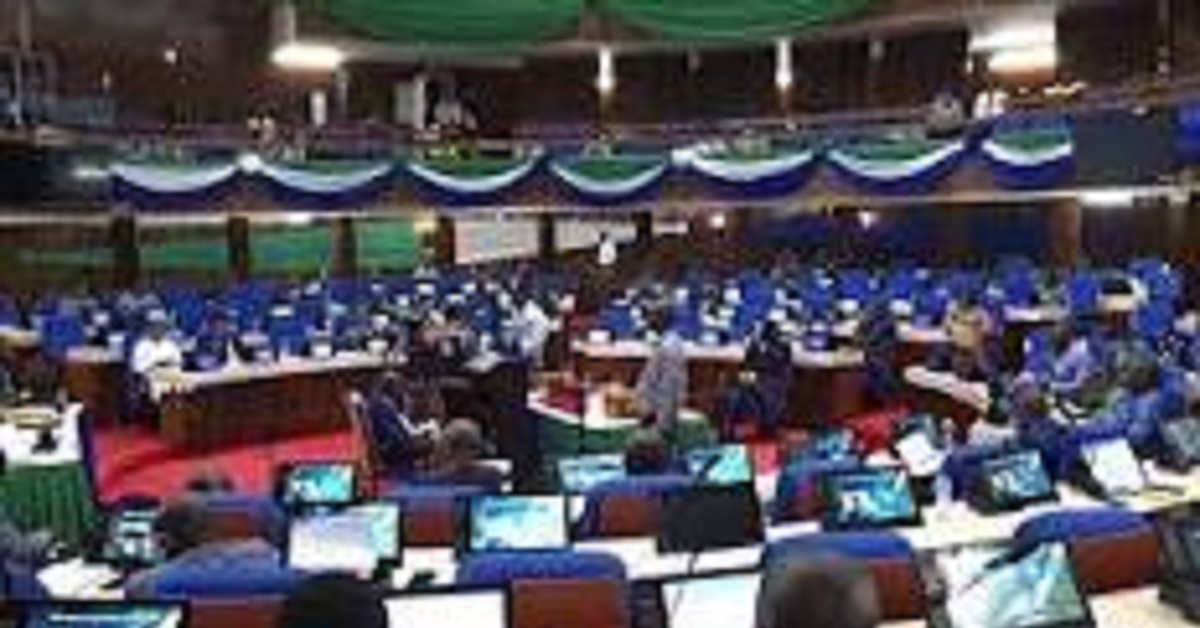One of the Maxims of Equity states: “Equity aids the vigilant, not the indolent” (If you decide to sleep on your right, you’ll have yourself to blame).
After being elected to parliament, it is incumbent on every MP-elect to subscribe to the Oath of Office before taking his/her seat in Parliament, as entrenched in Section 83 of the Constitution of Sierra Leone 1991 (Act No 6 of 1991). This Oath of Member of Parliament as stated in the Third Schedule unequivocally mandated Members of Parliament to pledge their allegiance to the Republic of Sierra Leone (not to a Political Party).
There are certain circumstances in which a Member of Parliament shall vacate his seat in Parliament as enshrined in Section 77(a)-(n) of the Constitution of Sierra Leone 1991 (Act No 6 of 1991).
Will the smooth functioning of Parliament be affected because of a boycott by a political party?
The Standing Orders of the Sierra Leone Parliament in no uncertain terms made it clear that the quorum for the House is one-fourth (1/4) of the total number of Parliamentarians.
SLPP……………… 81
APC………………..54
PCMP………………14
………
Total 149
…………
So, (1/4) X 149 = 37.25
This clearly indicates that the (SLPP MPs & PCMP) combined, far outnumbered the required quorum.
Hence, any decisions taken in the House after their Oath & Induction on the 12th & 13th July respectively is legitimate!
So, what happens to any MP-elect who fails to take the Oath of Office?
The Standing Orders of the Sierra Leone Parliament also states: “Any member who without good cause during any session is absent from the sitting of Parliament on a number of days amounting to any aggregate period, or thirty (30) days, shall vacate his seat.”
“Good cause” being defined as a reasonable excuse which must be corroborated with any evidence adduced.
N/B: But for an MP to even qualify for that “good cause” s/he must have subscribed to the Oath of Office.
But where there’s an outright refusal to subscribe to the Oath of Office, it is presumed after thirty days that an MP-elect is unwilling to serve the people of the country that elected him to parliament (this amounts to an unreasonable excuse), thus resulting into him losing his seat.


 15 Comments
15 Comments









Comment(s)
Disclaimer: Comments expressed here do not reflect the opinions of Sierraloaded or any employee thereof.